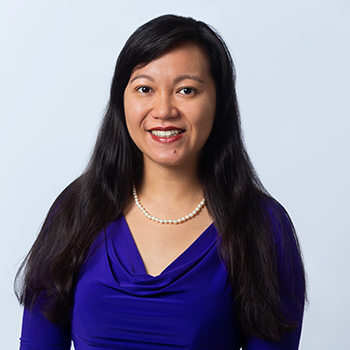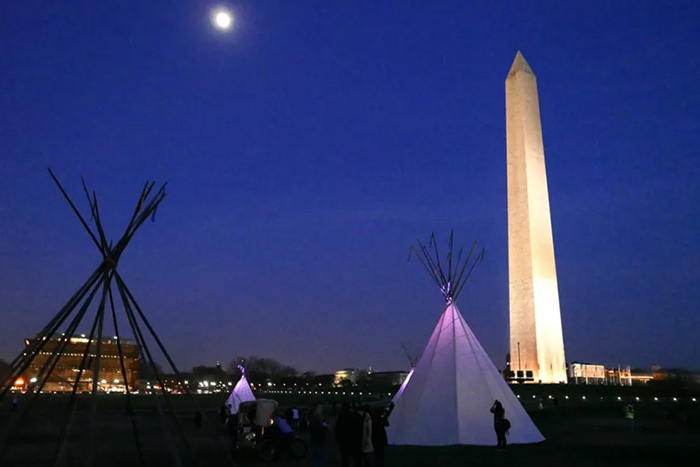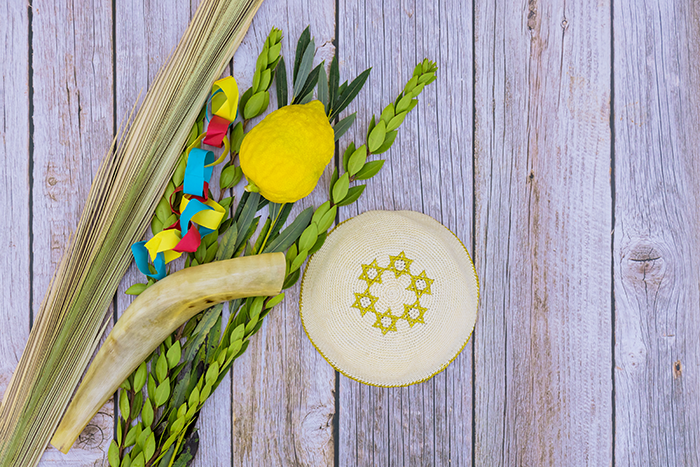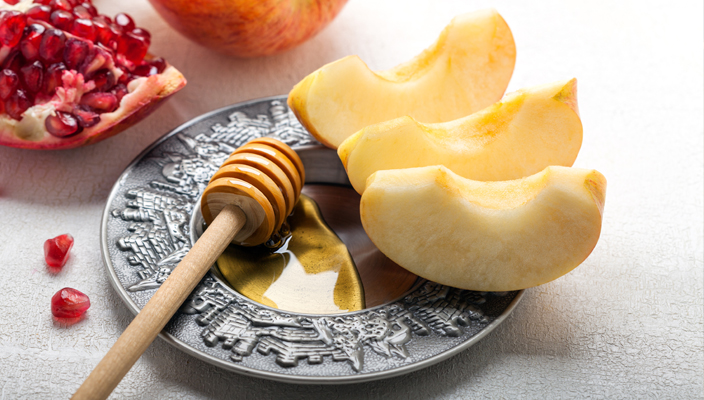
Shayna Han (she/her) grew up in New York. The intersection of Judaism and social justice is a deep and abiding part of Shayna's life and identity: she was involved with NFTY, Urban Mitzvah Corps, Crane Lake Camp, Hillel, Birthright, Masa Israel Teaching Fellows, and the RAC's very own L’Taken and Machon Kaplan programs. Shayna graduated summa cum laude and Phi Beta Kappa from Union College. She earned the Minerva Prize her senior year for her history thesis on watershed literary heroine Nancy Drew and her work to establish the Committee for Consent Education (a group dedicated to combating sexual assault). After graduation, Shayna interned for U.S. Senator Kirsten Gillibrand in New York City and earned a Teaching English to Speakers of Other Languages (TESOL) certification. From 2016-2021 she lived in Spain, Israel, and South Korea, teaching English to elementary school students. Her experiences abroad enriched her cultural knowledge by allowing her to learn different languages, meet new people, and experience different foods, holidays, and beliefs.
While serving as a RAC Legislative Assistant, Shayna’s portfolio included gun violence prevention, environment and climate change, Israel, foreign policy, antisemitism, the Holocaust, international religious freedom, and Native American rights. She is proud to be in the first cohort of the Jews of Color Initiative partnership with the RAC LA program.
She is currently a member of Temple Sinai and serves on the Commission on Social Action and Women of Reform Judaism's North American Board.
Native American Heritage Month: Continued Support for the Indigenous Population is a Necessity
The Concept of “Home" Defined Through Chuseok and Sukkot
A Climate Reading of the Unetaneh Tokef
Shanah Tovah, Congress: Reflections on 5782 and Goals for a Sweet 5783
Give to the URJ
The Union for Reform Judaism leads the largest and most diverse Jewish movement in North America.




